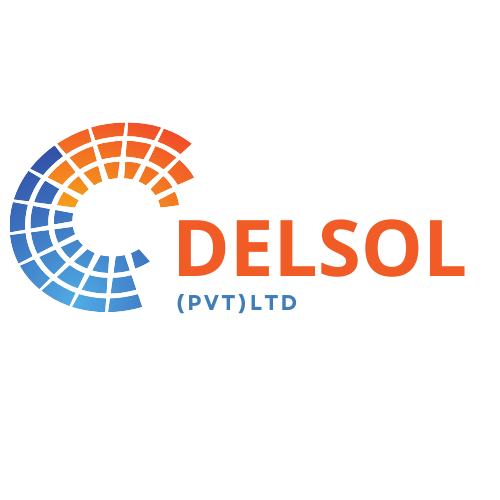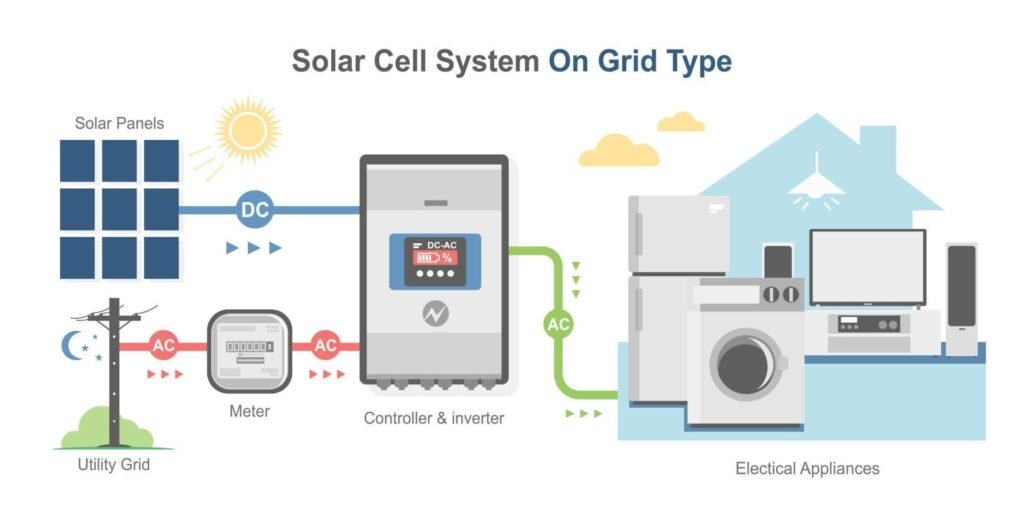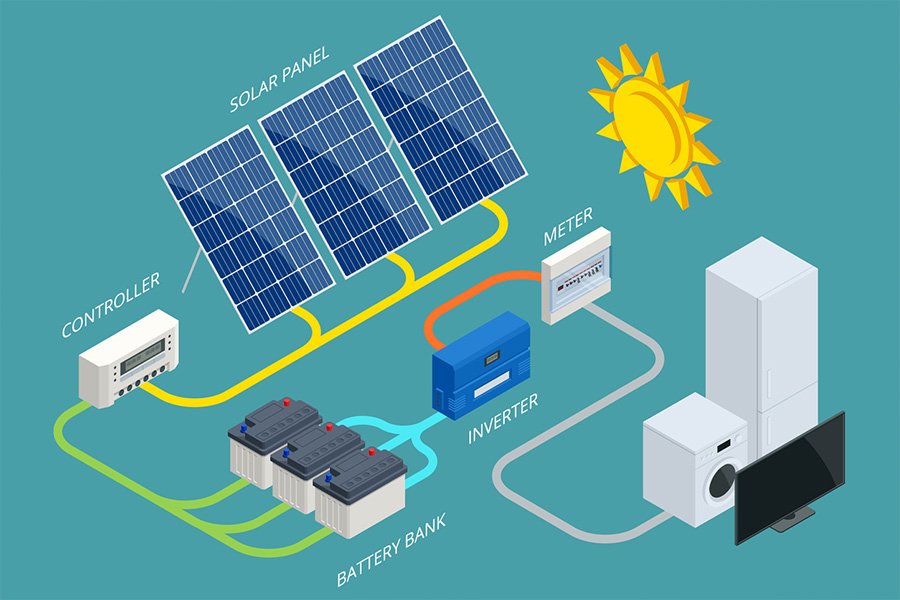INTRODUCTION
At DelSol(Pvt)Ltd, we believe in harnessing the power of the sun to provide sustainable and cost-effective energy solutions for homeowners and businesses. Our expert team specializes in designing, installing, and maintaining high-quality solar panel systems tailored to your unique energy needs. With us, you’re not just getting solar panels—you’re getting a partner committed to helping you achieve energy independence and reduce your carbon footprint.


Why Go Solar?
Save Money on Energy Bills:
Solar energy significantly reduces or even eliminates your monthly electricity costs.
Increase Your Property Value:
Homes equipped with solar energy systems have higher property values and are more attractive to buyers.
Environmental Impact:
Solar power is a clean, renewable source of energy that reduces greenhouse gas emissions and reliance on fossil fuels.
Energy Independence
Generate your own electricity and become less dependent on utility companies.
Our Services
MAIN SOLUTIONS
ON GRID SYSTEM(GRID-TIDE)
On-grid solar systems are connected to the public electricity grid. When your solar panels generate more electricity than your home or business needs, the excess energy is sent back to the grid. Conversely, when your panels don’t produce enough electricity (e.g., at night or during cloudy days), you can draw power from the grid.
Key Features:
- Grid Connection: Remains connected to the public grid, allowing for the import and export of electricity.
- Net Metering: Excess electricity generated is sent back to the grid, often leading to credits on your electricity bill.
- No Batteries Required: Since you can draw energy from the grid when solar production is low, batteries are typically unnecessary, which reduces the overall system cost.
- Lower Initial Cost: Because they don’t require batteries, on-grid systems are generally more affordable upfront.
- Electricity Backup: When solar generation is low or during peak usage times, the grid provides backup power.

Advantages:
- Cost-Effective: No need for expensive battery storage.
- Potential for Savings: Through net metering, you can reduce or eliminate your electricity bills.
- Scalability: Easy to expand the system over time.
- Reliability: Continuous power supply thanks to the grid backup.
Considerations:
- Higher Initial Cost: Off-grid systems require more components, including batteries, which increases the upfront investment.
- Battery Maintenance: Batteries have a limited lifespan and require maintenance or replacement every few years.
- Energy Management: You need to manage energy use carefully, especially during low sunlight periods, to avoid running out of stored power.
- Backup Power: It’s essential to have a backup generator to ensure continuous power during extended cloudy periods.
Off-Grid Systems

Off-grid solar systems operate independently of the public electricity grid. They rely entirely on solar panels and battery storage to provide electricity. These systems are ideal for remote locations where grid access is unavailable or for those who want complete energy independence.
Key Features:
- Complete Independence: Off-grid systems are entirely self-sufficient, relying solely on solar energy and battery storage.
- Battery Storage: Stores excess electricity produced during the day for use at night or during cloudy periods.
- Inverter: Converts the DC electricity stored in the batteries into AC electricity used by most household appliances.
- Backup Generator (Optional): Many off-grid systems include a generator as a backup power source during extended periods of low sunlight.
Advantages:
- Energy Independence: Not reliant on the public electricity grid, providing power even in remote areas.
- No Electricity Bills: Since you’re not connected to the grid, you don’t receive monthly utility bills.
- Sustainable Living: Ideal for reducing your carbon footprint and living sustainably.
Considerations:
- Higher Initial Cost: Off-grid systems require more components, including batteries, which increases the upfront investment.
- Battery Maintenance: Batteries have a limited lifespan and require maintenance or replacement every few years.
- Energy Management: You need to manage energy use carefully, especially during low sunlight periods, to avoid running out of stored power.
- Backup Power: It’s essential to have a backup generator to ensure continuous power during extended cloudy periods.